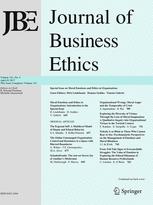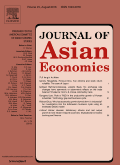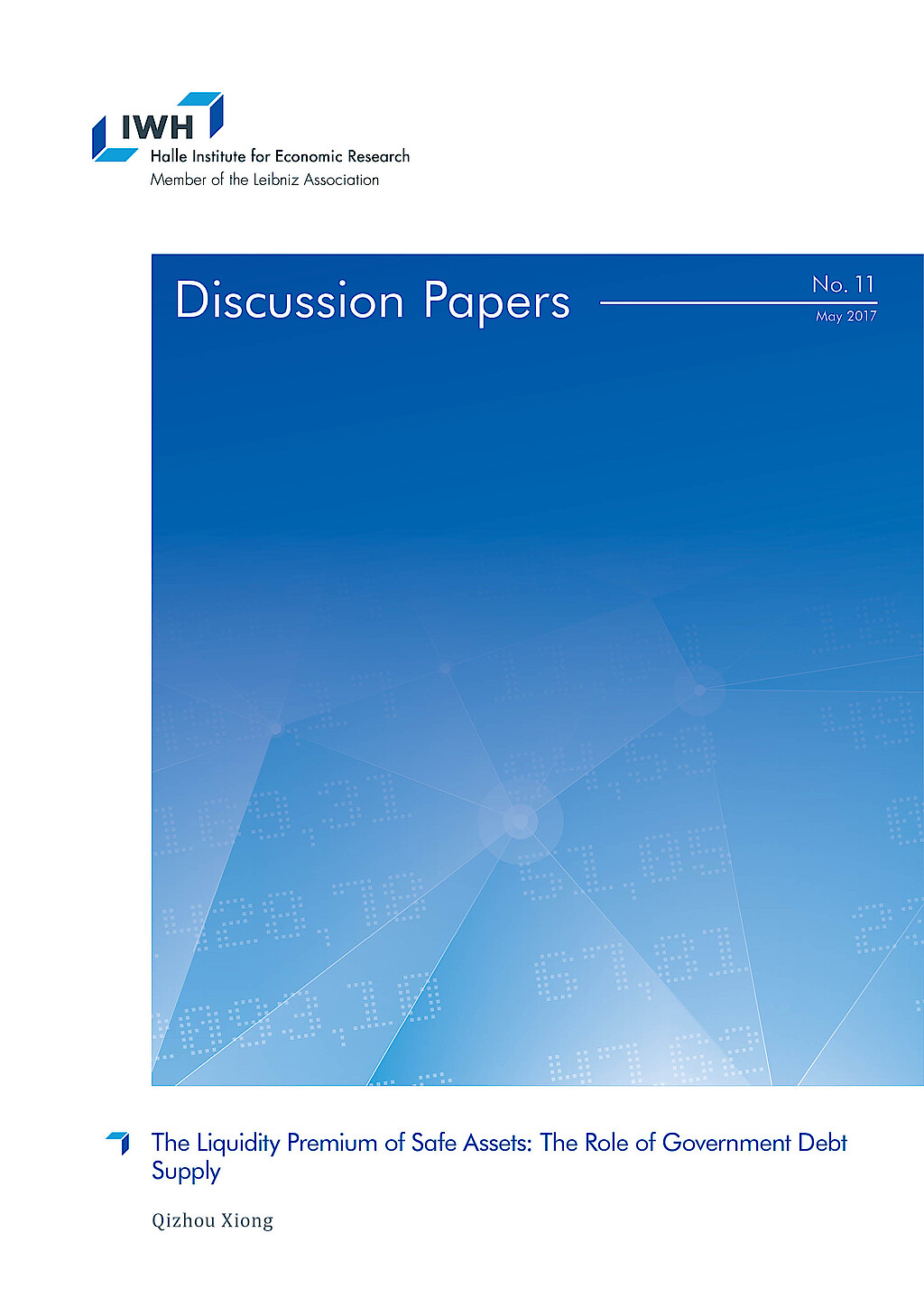Governance and Finance
Corporate governance today is about more than just making profits for shareholders. It now aims to balance the needs of all stakeholders-employees, investors, creditors, and business partners. Good governance helps companies run better, attract talent, gain customer trust, and lower financial costs. Conversely, poor governance can lead to scandals, job losses, and broken contracts.
The “Governance and Finance” research group studies how governance works in modern financial markets. One of the focuses is on how firms choose, motivate, and keep talented leaders, especially CEOs, since exemplary leadership is key to company success.
The group is also interested in investigating how changes in financial markets, like the rise of big shareholders, activist investors, or even creditors, affect company decisions. The goal is to understand how different players and institutions influence company behavior and what that means for the future of business.
Research Cluster
Financial Resilience and RegulationYour contact

- Department Financial Markets
Refereed Publications

Compensation Regulation in Banking: Executive Director Behavior and Bank Performance after the EU Bonus Cap
in: Journal of Accounting and Economics, No. 1, 2023
Abstract
The regulation that caps executives’ variable compensation, as part of the Capital Requirements Directive IV of 2013, likely affected executive turnover, compensation design, and risk-taking in EU banking. The current study identifies significantly higher average turnover rates but also finds that they are driven by CEOs at poorly performing banks. Banks indemnified their executives by off-setting the bonus cap with higher fixed compensation. Although our evidence is only suggestive, we do not find any reduction in risk-taking at the bank level, one purported aim of the regulation.

Short-Selling Threats and Bank Risk-Taking: Evidence from the Financial Crisis
in: Journal of Banking and Finance, May 2023
Abstract
The focus of this paper is whether the Securities and Exchange Commission's Regulation SHO strengthens or weakens the effect of short-selling threats on banks’ risk-taking. The evidence shows that pilot banks with looser constraints on short-selling increased their risk-taking during the financial crisis of 2007–2009. The reason is that short-selling threats improved the information environment and mitigated the agency problems of banks during the pilot program that led to greater risk-taking by pilot banks. Additionally, this effect is mainly driven by pilot banks with poor corporate governance, or high information asymmetry. Overall, our paper provides novel evidence that the disciplinary role of short-sellers had a positive effect on bank risk-taking during the financial crisis.

Institutions and Corporate Reputation: Evidence from Public Debt Markets
in: Journal of Business Ethics, No. 1, 2023
Abstract
Using data from China’s public debt markets, we study the value of corporate reputation and how it interacts with legal and cultural forces to assure accountability. Exploring lawsuits that change corporate reputation, we find that firms involved in lawsuits experience a decrease in bond values and a tightening of borrowing terms. Using the heterogeneities in legal and social capital environments across Chinese provinces, we find the effects are more pronounced for private firms, firms headquartered in provinces with low legal protections, and firms headquartered in provinces with high social capital. The results show that lawsuits that allege misconduct are associated with reputational penalties and that such penalties serve as substitutes for legal protections and as complements to cultural forces to provide ex post accountability and motivate ex ante trust.

COVID-19 Pandemic and Global Corporate CDS Spreads
in: Journal of Banking and Finance, February 2023
Abstract
We examine the impact of the COVID-19 pandemic on the credit risk of companies around the world. We find that increased infection rates affect firms more adversely as reflected by the wider increase in their credit default swap (CDS) spreads if they are larger, more leveraged, closer to default, have worse governance and more limited stakeholder engagement, and operate in more highly exposed industries. We observe that country-level determinants such as GDP, political stability, foreign direct investment, and commitment to crisis management (income support, health and lockdown policies) also affect the sensitivity of CDS spreads to COVID-19 infection rates. A negative amplification effect exists for firms with high default probability in countries with fiscal constraints. A direct comparison between global CDS and stock markets reveals that the CDS market prices in a distinct set of corporate traits and government policies in pandemic times.

Trust and Contracting with Foreign Banks: Evidence from China
in: Journal of Asian Economics, December 2022
Abstract
We empirically investigate whether firms doing business in regions characterized as having high social trust receive preferential treatment on loan contractual terms by foreign banks. Tracing cross-border syndicated lending activities in China, we document that firms located in provinces with higher social trust scores obtain significantly low costs of bank loans and experience less stringent collateral requirement. To address the potential endogeneity issues, we adopt an instrumental variable approach and a two-sided matching model, and report consistent results. We also estimate a system of three equations through three-stage-least square estimator to accommodate the joint determination of price and non-price terms in loan contracts. In addition, we find that the effect of social trust on cost of bank loans is more prominent for firms located in provinces with relatively less developed formal institutions.
Working Papers

The Liquidity Premium of Safe Assets: The Role of Government Debt Supply
in: IWH Discussion Papers, No. 11, 2017
Abstract
The persistent premium of government debt attributes to two main reasons: absolute nominal safety and liquidity. This paper employs two types of measures of government debt supply to disentangle the safety and liquidity part of the premium. The empirical evidence shows that, after controlling for the opportunity cost of money, the quantitative impact of total government debt-to-GDP ratio is still significant and negative, which is consistent with the theoretical predictions of the CAPM with utility surplus of holding convenience assets. The relative availability measure, the ratio of total government liability to all sector total liability, separates the liquidity premium from the safety premium and has a negative impact too. Both theoretical and empirical results suggest that the substitutability between government debt and private safe assets dictates the quantitative impact of the government debt supply.

Censored Fractional Response Model: Estimating Heterogeneous Relative Risk Aversion of European Households
in: IWH Discussion Papers, No. 11, 2015
Abstract
This paper estimates relative risk aversion using the observed shares of risky assets and characteristics of households from the Household Finance and Consumption Survey of the European Central Bank. Given that the risky share is a fractional response variable belonging to [0, 1], this paper proposes a censored fractional response estimation method using extremal quantiles to approximate the censoring thresholds. Considering that participation in risky asset markets is costly, I estimate both the heterogeneous relative risk aversion and participation cost using a working sample that includes both risky asset holders and non-risky asset holders by treating the zero risky share as the result of heterogeneous self-censoring. Estimation results show lower participation costs and higher relative risk aversion than what was previously estimated. The estimated median relative risk aversions of eight European countries range from 4.6 to 13.6. However, the results are sensitive to households’ perception of the risky asset market return and volatility.










